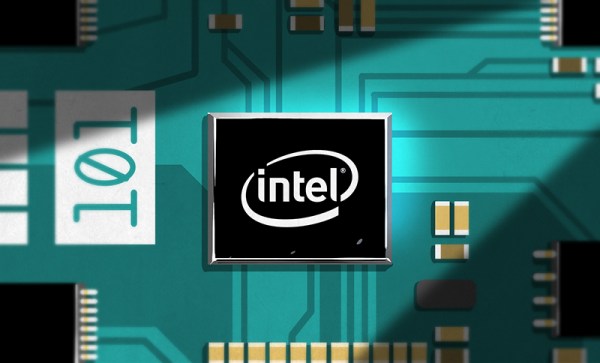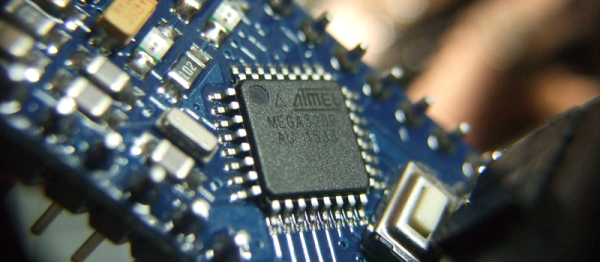After recent talks, Microsoft has now officially confirmed that it will be merging GitHub to master. The acquisition will cost $7.5 billion, and has received mixed reactions so far. A staple of the open source community, GitHub is well known to Hackaday readers, and has played a key role in developing an incredible amount of the software we use on a daily basis.
Microsoft has embarked on a community crusade of late, seemingly trying to win some respect from developers and makers. Under the encouragement of Satya Nadella, we’ve had Visual Studio Code, Typescript, the Ubuntu-on-Windows saga, and many more. It’s hard to tell whether these endeavours have succeeded in winning the hearts of the community or not, but those who distrust Microsoft may be looking to make a move away from GitHub. In fact, since murmurs started about the possibility of the acquisition, GitLab, one of GitHub’s major competitors, has reported 10x the number of normal repositories moving to GitLab.
How does GitHub make money? Mainly through paid private repositories plans, and GitHub Enterprise for businesses. This provides GitHub with enough cash to allow free public repositories for the community. It will be interesting to see what changes in business and culture are made (if any) by Microsoft’s Nat Friedman (founder of Ximian) who will be taking the role of GitHub CEO.
To keep a close eye on your GitHub activity, you can monitor your repositories with an LED matrix.


















